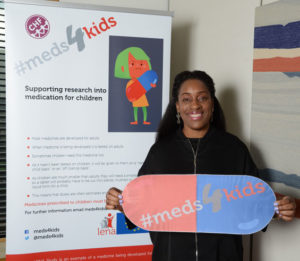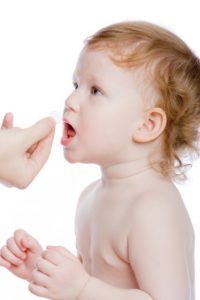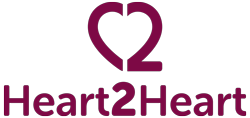03 April - Supporting research into medication for infants and children

CHF are calling for medicines prescribed to children to be specifically developed for children with age appropriate formulation.

On 3 April, CHF held a drop-in session for MP’s at Portcullis House, London and invited MPs to engage in this important initiative.
MPs had the opportunity to speak at first hand to a family and their heart child, who have experience of using ‘off-licence’ heart medication.
Join our initiative: What you can do
- MPs and policy makers are showing their support for CHF’s new campaign into research for children’s medication by joining CHF’s Medicines for Children (M4K) Supporters Group and emailing Meds4kids@chfed.org.uk to give their support.
- CHF are extending this invitation to all MPs and policy makers, ask your MP to email their support.
Most medicines are developed for adults. And when medicine is being developed it is tested on adults.
Sometimes children need this medicine too but as it hasn’t been tested on children, it will be given to them on a ‘named child basis’ or an ‘off-licence basis.’ As children are much smaller than adults, they will need a smaller dose, so a tablet will probably have to be cut into pieces, crushed or put into liquid form for a child.
This means that doses are often estimates and may be inaccurate as this short animation explains.
- Attendees also heard about the Labelling of Enalapril from Neonates to Adolescents (LENA) Study. This was a pan-European project that started in 2013 and studied Enalapril, an ACE-inhibitor commonly used in children with heart failure below one year of age but is not labelled for any condition below 20kg of body weight in European countries.
- Children suffering from heart failure have a very different disease compared to adults. The LENA Study therefore, studied Enalapril in children with heart conditions to optimise their treatment and to develop medicines specifically for their needs.
- Currently, Enalapril tablets must be crushed then diluted in water before they can be given to children. This is very inaccurate. The LENA Study addressed this challenge by developing orally disintegrating mini-tablets (ODMTs). These mini-tablets are less than 3mm in size, and quickly dissolve on an infant’s or child’s tongue; therefore enabling the correct dose to be given.
The LENA Study involved investigators and clinicians from eight European countries, all leading experts in their fields including the Children’s Heart Federation (CHF) an experienced patient advocacy group who represented the views of patients and their families across Europe.
CHF are hoping that the successfully completed LENA Study will mark a first step in developing additional medicines in the form of mini-tablets which will ultimately help tailor drug developments to the specific needs of young patients.










